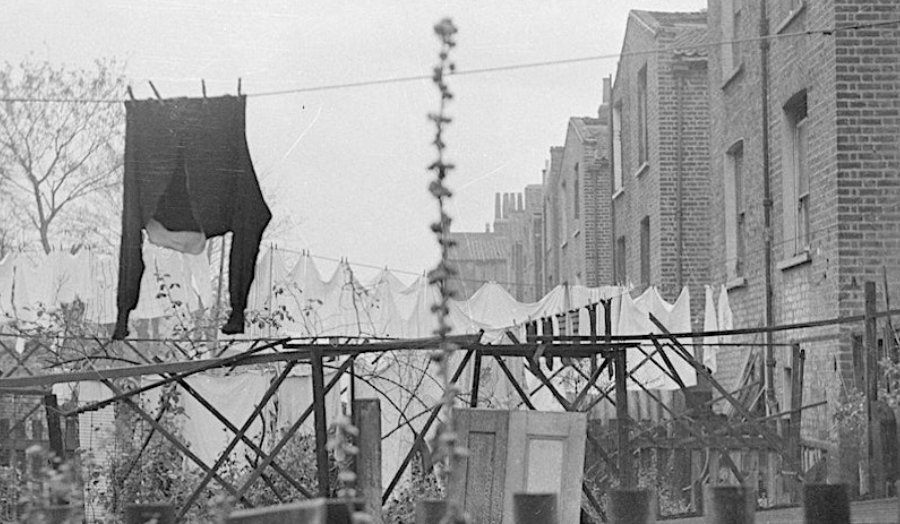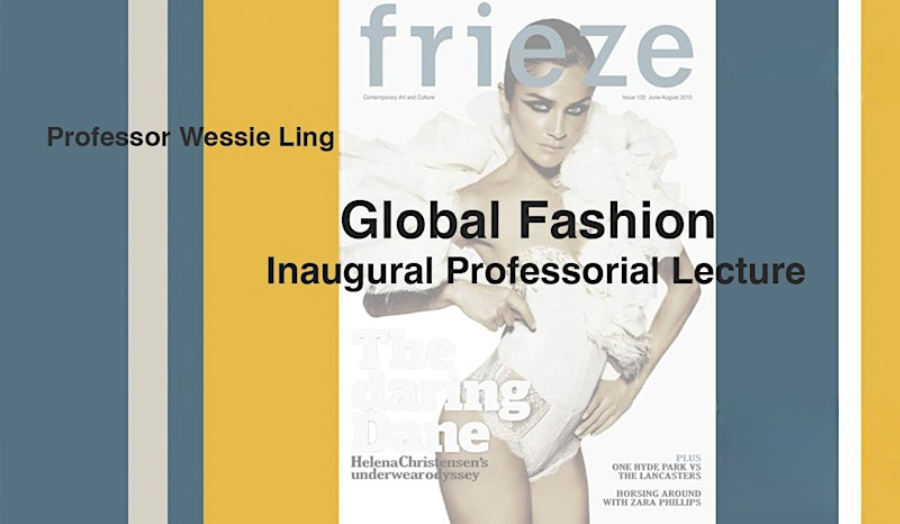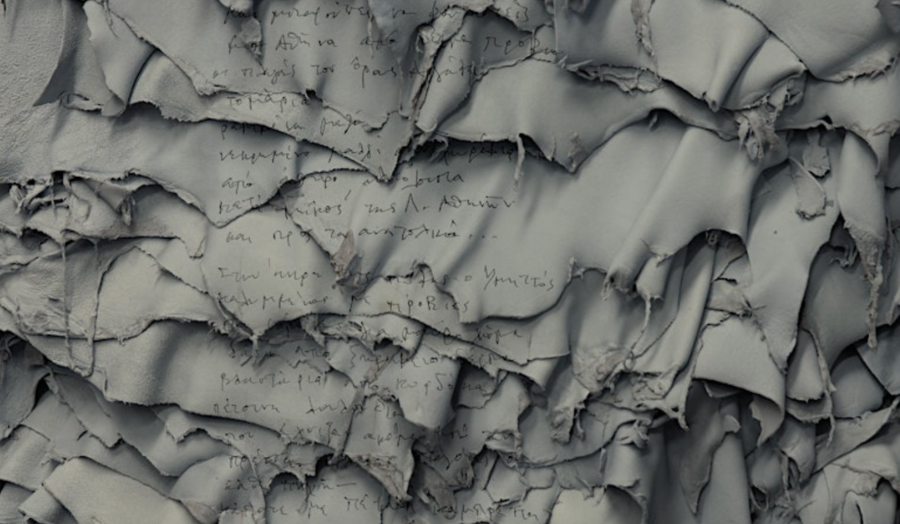Hosted by London Met's School of Art, Architecture and Design (AAD) through our research centres CREATURE and CUBE, this symposium considered craft as a tool for economic empowerment.
Around the world, women’s craft-design groups operate quietly but effectively across many areas of making from ceramics and textiles to beadwork and basketry. Often established as co-operatives, and acting as not-for-profit providers for upskilling, income provision, empowerment and sustainability, women’s handicraft groups play a vital role in numerous urban communities globally. Yet women’s designer-maker groups, particularly those of low-income areas of the global South (or global majority), have still to receive significant attention from design historians. We argued that this results in a dual inequality; the present limited recognition of such enterprises by the academic discipline compounding the often marginalised economic, social and visual-cultural spheres that women’s craft initiatives occupy as organisations.
Seeking to redress this imbalance, we wanted to posit women’s craft-design as offering an alternative to western / global Northern, capitalist modes of production; remaking approaches and understandings of products as well as designed artefacts themselves.
We acknowledge that this event was supported by UCA: University of the Creative Arts and the Design History Society.
Speakers
Catalina Lucía Agudin
Doctoral candidate, Walter Benjamin Kolleg, University of Bern Vital Weaves between Crafts and Design. Collaborative Experiences from the Global South
Eve Grinstead
Doctoral candidate, Institut d’histoire moderne et contemporaine, École Normale Superieure, Paris, Women weaving their way in the newly formed United Arab Emirates
Yen Lin Kong
Assistant Curator (Design), National Museum of Singapore Rewriting tradition: Women and the embodiment of knowledge in Singaporean woodcraft, 1950s – '80s
Gizem Öz
Assistant Professor Industrial Design, Kadir Has University, Turkey, Learning from a Communal Weaving Practice as a Source of Design Knowledge
Harriet McKay
Senior Lecturer, School of Art, Architecture and Design, London Met University, Cooking as craft and urban empowerment in Marrakech, Cape Town and Kigali
Chairs
James Hunting
Course Leader, Fashion Textiles, School of Art, Architecture and Design, London Metropolitan University
James is a practising artist and educator who believes that creative identities are formed by understanding, investigating and owning techniques and processes. His work explores personal identities, recognition, the 'other' and desire.
Anne Massey
Professorial Fellow, Canterbury School of Architecture and Design, University for the Creative Arts
Anne is the author of Women in Design (Thames & Hudson, 2022) and has pursued the questioning of hierarchies within and beyond design throughout her career as a teacher, researcher and writer.
Jessica Kelly
Senior Lecturer, Critical and Contextual Studies, School of Art, Architecture and Design, London Metropolitan University
Jessica’s research explores architectural history beyond buildings. Her book, No More Giants: J.M. Richards, modernism and The Architectural Review (Manchester University Press, 2022), looked at the work of the architectural critic and magazine editor J.M. Richards. She also co-edited Reconstruction: architecture, society and the aftermath of the First World War, (Bloomsbury, 2023) with Neal Shasore. She produces and co-hosts the podcast ‘Architecture and…’ for the Society of Architectural Historians of Great Britain.
Harriet McKay
Harriet McKay has taught in the Department of Design, Royal College of Art, and on the Heritage Studies and Museology MA programmes at the School of World Art Studies, University of East Anglia. Harriet has retained a keen interest in the material and visual dimensions of culture across the African continent. Working in the Design subject area at the School of Art, Architecture and Design, London Metropolitan University, she is a member of research centre CUBE.
Making-Craft-Design-and-Womenâs-Empowerment-in-the-Global-South.png)
Photo: Women Engage in Discussion, Adorned by Ringaal Weaving Artefacts in Tangri Village, Uttarakhand, India, Kirti Kumari, May 2023
Details
| Date/time |
Wednesday 27 March 2024, 10am-2pm |
|---|---|
| Location | Online via Teams |
| Tickets | Event ended |
(Re)Making - Conference Schedule
10:00 – 10:10 GMT Introductions
Prof. Anne Massey – Co -convenor
Prof. Matthew Barac – Head of Centre for the Built Environment and Built Ecologies
10:10-11:10
FOOD & FURNITURE – CHAIRED BY JESSICA KELLY
1. Cooking as Craft and Women’s Empowerment in Cape Town, Marrakech, and Kigali
Harriet McKay – London Metropolitan University, UK
2. Multiplying the Divide: The Bridge to Nowhere
Rukmini Chaturverdi – Independent Researcher, London & New Delhi, India
3. Rewriting tradition: Women and the embodiment of knowledge in Singaporean woodcraft, 1950s-‘80s
Yen Lin Kong – National Museum of Singapore
Questions 10:55 – 11:10
11:15 - 12:00
ARTISANAL & CRAFT PRACTICES – CHAIRED BY ANNE MASSEY
1. Crafting Change: Creation of Identity and Community in Ringaal Weaving in Uttarakhand through Skilling Interventions
Swapnesh Samaiya – Independent Researcher & Doon University, Dehradan, India
2. Vital Weaves between Crafts and Design. Collaborative Experiences from the Global South 11:30 – 11:45
Catalina Agudin – University of Bern, Switzerland
Questions
12:05 – 1:10
TEXTILE PRODUCTION – CHAIRED BY JAMES HUNTING
1. Why Not Indigenous Today? Mónica Millán’s and the Ethics of Ao po'i
Georgina Gluzman – Universidad de San Andrés, Buenos Aries
2. Learning from a Communal Weaving Practice as a Source of Design Knowledge 5
Gizem Öz - Kadir Has University, Turkey
3. Women weaving their way in the newly formed United Arab Emirates
Eve Grinstead - École Normale Superieure, Paris
Questions 12:50 – 1:10
Closing remarks 1:10
Conference ends 1:20















